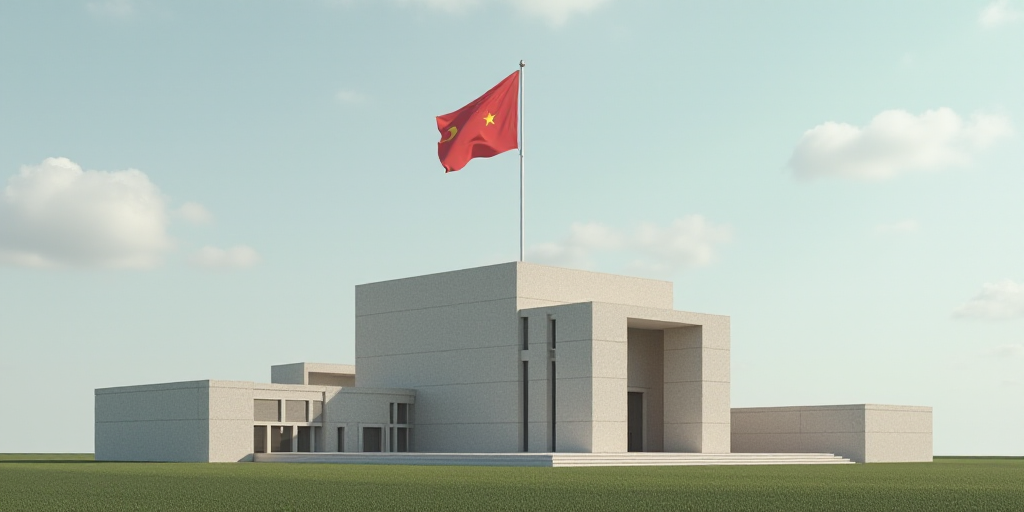Introduction
United States President Donald Trump appears to be planning to appoint the next Federal Reserve (Fed) Chair well before the usual time, in an attempt to undermine current chair Jerome Powell. Trump has repeatedly criticized Powell for not cutting interest rates, despite Powell’s resistance to such action. However, this early appointment plan risks discrediting Trump’s chosen candidate, eroding confidence in the Fed, and destabilizing the economy.
Background on Jerome Powell and the Federal Reserve
Jerome Powell, appointed by President Trump in 2017, has a term ending in May 2026. Unlike other independent agencies, the President cannot dismiss the Fed chair due to a Supreme Court ruling. Normally, the President announces the new Fed Chair a few months before the current term ends to allow for Senate confirmation hearings and a smooth transition.
Trump’s plan to appoint a successor ten months before the term ends is unprecedented. This move aims to create a “parallel Federal Open Market Committee” that pressures the actual committee into more aggressive interest rate cuts.
Historical Context and Potential Implications
The concept of a parallel committee was introduced by economists Karl Brunner and Allan Meltzer in 1973 during the era of high inflation. Although influential academically, they did not directly shape monetary policy. Trump’s plan, hinted at by Treasury Secretary Scott Bessent during the 2024 campaign, would place the designated individual at the center of a clear attempt to restore authority to Powell.
However, analysts who view this as a serious attempt to harass Powell might be off the mark. Monetary authorities are unlikely to pay much heed to a Trump-appointed parallel Fed chair, as they may assert their independence by sticking to current policies. Instead, the real goal might be to weaken the incoming Fed chair before their term begins, forcing them through a public learning period. This would allow Trump to gauge their monetary policy views and test their ideological loyalty to his agenda.
Potential Candidates and Their Challenges
Leading candidates to replace Powell include former Fed governor Kevin Warsh, National Economic Council Director Kevin Hassett, and Treasury Secretary Scott Bessent. Christopher Waller, a current Fed governor and respected academic known for his work on central bank independence, is also under consideration. Trump appointed Waller in 2020 and generally enjoys support from Republicans.
These accomplished candidates can handle the challenge of sustaining economic growth without fueling inflation. However, Fed chairs aren’t monetary policy dictators; they must convince the rest of the Federal Reserve Committee or risk losing votes and facing scrutiny. Even a strong, independent candidate may lose influence after a prolonged parallel presidency.
The image of Trump’s lackey would significantly diminish their credibility and limit their influence over the Committee and financial markets.
Misconceptions about Federal Reserve Control
Contrary to popular belief, the Fed does not control all interest rates. It only sets short-term reference rates, while long-term interest rates are largely determined by market forces reflecting expectations of future Fed actions aimed at keeping inflation in check.
If Trump successfully pressures the Fed into excessive rate cuts, long-term interest rates and inflation expectations will rise. This could negatively impact various aspects, from mortgages to car loans, causing significant hardship for ordinary Americans.
An independent central bank aims to keep long-term interest rates low, maintaining price stability. Trump may attempt an early appointment to provoke a sharp dollar decline, but there’s no doubt that “The Apprentice: Reserve Federal Edition” will make for compelling television—possibly Trump’s primary concern.
Key Questions and Answers
- What is the main issue? President Trump’s plan to appoint a new Federal Reserve Chair well before the usual time, potentially undermining current chair Jerome Powell and destabilizing the economy.
- Why is this unusual? Typically, the President announces the new Fed Chair a few months before the current term ends. Trump’s plan is to appoint a successor ten months early, which is unprecedented.
- What are the potential implications? This move could discredit Trump’s chosen candidate, erode confidence in the Fed, and lead to increased long-term interest rates and inflation expectations, negatively impacting various aspects of the economy.
- Who are the leading candidates? Kevin Warsh, Kevin Hassett, Scott Bessent, and Christopher Waller are among the top contenders to replace Powell.
- What challenges do these candidates face? Even strong, independent candidates may lose influence after a prolonged parallel presidency, as the image of being Trump’s lackey would diminish their credibility and limit their influence over the Committee and financial markets.
Author: Kenneth Rogoff, former Chief Economist at the International Monetary Fund, is a Harvard professor of Economics and Public Policy, a 2011 Deutsche Bank Prize in Financial Economics winner, co-author (with Carmen M. Reinhart) of “This Time Is Different: Eight Centuries of Financial Folly” (Princeton University Press, 2011), and author of “Our Dollar, Your Problem” (Yale University Press, 2025).
Translation: Esteban Flamini
Copyright: Project Syndicate, 1995 – 2025
www.project- syndicate.org






